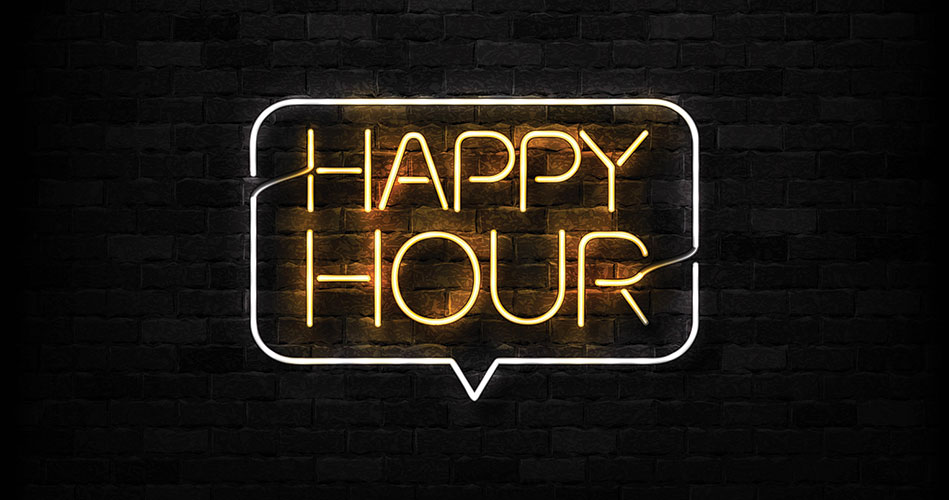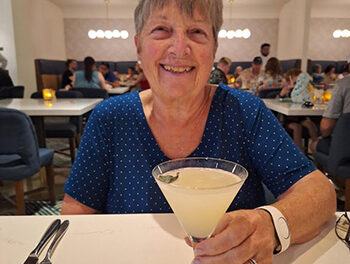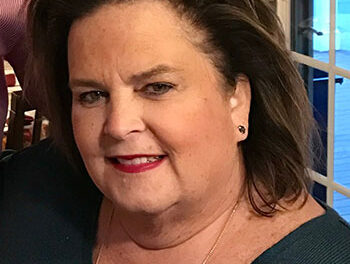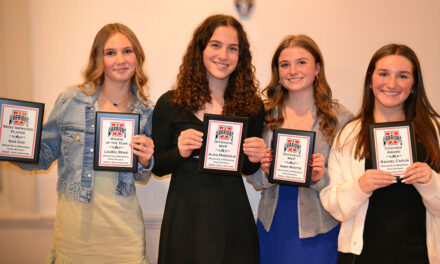By JENNIFER SMITH
CommonWealth Beacon
When Massachusetts banned drink specials like happy hour in 1984, the move felt reasonable and politicians described the stakes as dire.
But a younger generation of legislators, some of whom weren’t even alive at the time, now say the ban designed to curb the risk of drunken driving has long outlived its usefulness to become one of many factors making the Bay State feel inhospitable to young adults.
“Look at how many people come to Greater Boston and Massachusetts to get an education,” Cape and islands Sen. Julian Cyr said on The Codcast. “We’re the Athens in the United States, and how many of those people leave, and why are they leaving? They’re not leaving because they can’t find a good job here – we have a red hot economy. They’re leaving because they can’t afford to live here. And because there’s just not a lot to do and it’s not a lot of fun.”
The state Senate is once again putting its support behind a measure, championed by Cyr, that would allow local communities to decide whether to embrace happy hours under certain conditions. The provision was included in the chamber’s sweeping economic development bill approved earlier this month in the crush of end-of-cycle legislation.
More than a dozen states followed Massachusetts’ lead in the 1980s, banning drink specials to varying extents. Many have since reconsidered, implementing limitations of the time and manner of reduced-cost drink specials. Illinois overturned its ban about a decade ago, instead setting a cap of 15 hours a week on reduced-price drinks and, like Cyr’s amendment, prohibiting them after 10 p.m.
Massachusetts is joined by Alaska, Indiana, North Carolina, Oklahoma, Rhode Island, Utah, and Vermont in disallowing typical happy hours, though Cyr notes that the Bay State is the last to have such a stringent set of absolute bans on its books.
For the senator whose district includes resort destinations on Cape Cod, including Provincetown, Cyr said local businesses are getting as creative as possible with events like daytime discos and food specials.
“They like the conviviality, the socialness,” he said of the P-Town energy. “And so I think we really need to make sure that we’re thinking hard about tools that can bring some vibrancy, that can allow small businesses and entrepreneurs some creativity to provide some fun options here.”
Prior attempts from senators to roll back the Massachusetts ban tended to hit resistance at a few junctures: pushback from restaurant associations worried about a “race to the bottom” and possible impact on their profit margins from alcohol sales, lack of appetite for lifting the ban from the House, or threat of veto from governors, most recently Charlie Baker. Gov. Maura Healey’s position this cycle is neutral – she’ll review it if it hits her desk.
“Look, this is a tool that, just because you’re able to offer it, doesn’t mean you’re gonna do it,” said Cyr, who worked in his family’s seasonal restaurant when he was growing up. “Restaurants have a choice. They can be an Italian restaurant, they can serve Chinese food. I don’t know if my family’s business would’ve offered a happy hour. This wasn’t our sort of vibe, but I hear from so many restaurants in my district who would want this tool, and my colleagues have as well.”
As much as he’s an enthusiastic proponent of addressing the “fun problem” for young people – and thinks allowing these specials could be part of the equation to make downtowns feel more vibrant as they struggle with the impacts of the pandemic – Cyr said he is well-aware of the safety argument leveled against a return to drink specials.
While drunk driving dropped throughout the country after the federal drinking age rose to 21, also in 1984, Massachusetts consistently ranks among the states with the lowest instances of drunk driving. Politicians leery of lifting the ban often make reference to particularly gruesome drunk driving deaths in the early 1980s, some of which involved drink specials like giving patrons free pitchers of beer as a reward for bar games.The state’s overall drunk driving rankings aside, a 2022 Boston University study found Massachusetts ranks sixth in the country in young people binge drinking and its residents exceed the national average in terms of likelihood of being in a fatal alcohol-involved crash.
Even as the chamber green-lights the happy hour change, progressive senators are also looking for ways to address heavy drinking and its associated harms by potentially raising the alcohol tax.
“Look, good public health policy is gonna be harm-reduction focused,” Cyr said. “It’s gonna help people make healthier decisions. It’s gonna keep them safe without being a nanny state.”
And views shift. Groups like Mothers Against Drunk Driving now say they do not take positions on serving adults of legal drinking age, focusing instead on technological or regulatory measures to discourage getting behind a wheel while drunk. The boom in ride-share services makes it less necessary to drive to and from a bar. Restaurant associations are slightly loosening their hardline stance on drink specials. Beyond that, Cyr said, young people now are reporting less drinking than those in prior decades.
In some ways, he said, the pandemic has been an opportunity to rethink conventional wisdom. Lower alcohol consumption among young people is “encouraging,” Cyr said.
“But, I think this is something that people are allowed to do, and are able to do, and I think we feel is sort of important,” he said of the social dynamics around drinking socially. “We are a long ways away from the Calvinist morality that founded this colony in 1620.”





